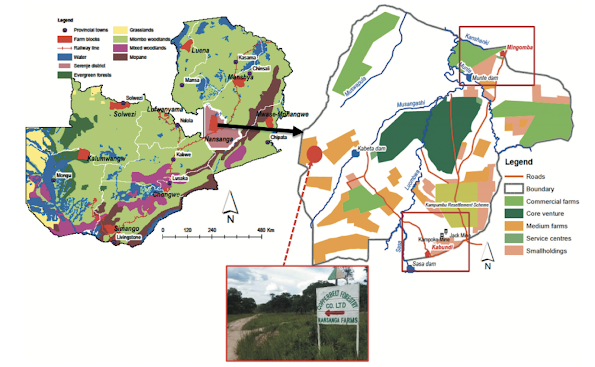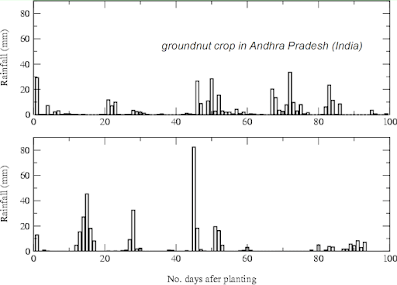Water Grabbing

I concluded my previous post by emphasising the importance of tackling power and control abuses by governments and institutions over communities. This is the first of two posts looking into specific instances of this. Water grabs are the extensive acquisition of land by companies or governments where water is implicitly or explicitly given away with the land. Foreign investors have acquired huge quantities of fertile agricultural land in African countries like Zambia ( Chu, 2012 ). There is conflict over the viability of large-scale investment in Zambia where the aggregate of land deals is equivalent to 12.92% of total arable land, increasing pressures on farmland ( Keane, 2011 ). The common narrative behind these deals is governments from 'finance-rich, resource-poor' nations are turning to 'finance-poor, resource-rich' countries to secure their own future food and energy requirements ( Borras & Franco, 2010: 508 ). However, these land grabs become water grabs as ...
